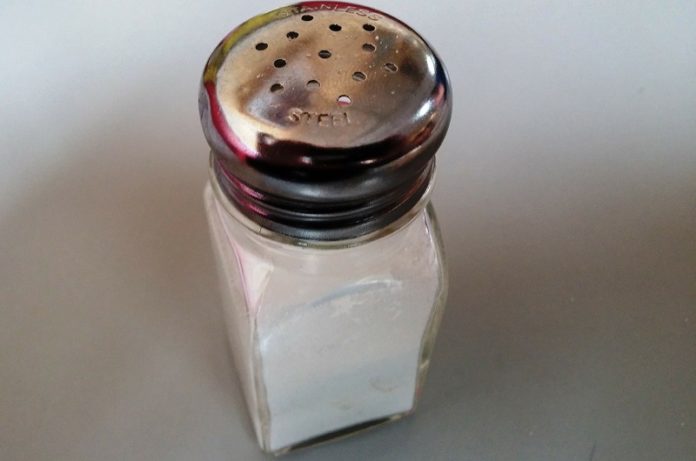Eating Less Salt Could Mean Fewer Sleep Interruptions
May 5, 2017 | Written By: Linda Jensen | MedicalNewsBulletin.com
 A Japanese study suggests that lowering salt intake can reduce the need to get up at night to urinate, resulting in better sleep.
A Japanese study suggests that lowering salt intake can reduce the need to get up at night to urinate, resulting in better sleep.
Waking up at night to urinate is not uncommon; in fact, doing so once per night is considered normal. However, a chronic need to get up multiple times per night to urinate – known as nocturia – can seriously interfere with sleep quality. If the condition persists over time, it can affect health and quality of life.
While there are a number of factors that may contribute to nocturia, a Japanese study whose results were recently released at the 32nd Annual EAU Congress suggests that reducing salt intake may be one method that individuals could consider as a means of combatting the problem.
The study involved 321 Japanese men and women, all of whom were reported to have a high dietary salt intake (above 7 g/day for women; above 8 g/day for men) and to suffer from nocturia. Individuals with functional abnormalities affecting urination (e.g., neurogenic bladder) were excluded from the study.
Participants were given written guidance on methods for reducing salt intake. Measurements of urinary frequency and volume, among other measures, were taken before the study and again 12 weeks after commencing the reduced salt diet.
Results showed that of the 321 participants, 223 of them (69%) were able to adhere to the reduced salt diet. Mean salt intake among those who succeeded in sticking to the regimen decreased from 10.7 g/day to 8 g/day. Moreover, the decreased intake appeared to correlate with a decrease in nocturia: nighttime urination frequency among those with reduced salt intake improved from 2.3 to 1.4 times per night.
Interestingly, participants who did not adhere to the regimen actually showed an increase in salt intake as a group, with daily intake rising from 9.6 g/day to 11 g/day. Among these participants, nighttime urination frequency increased, from 2.3 to 2.7 times per night.
The full study has yet to be published, so detailed information about these results is not yet available. Authors of the study indicate, however, that the quality of life parameter among participants who adhered to the reduced salt regimen improved from 2.7 to 3.6, though it is not clear how that parameter was evaluated.
Overall, authors of the study suggest that a reduction in salt intake may be a beneficial strategy for patients suffering from nocturia, particularly those who have responded poorly to medications prescribed for the condition.




